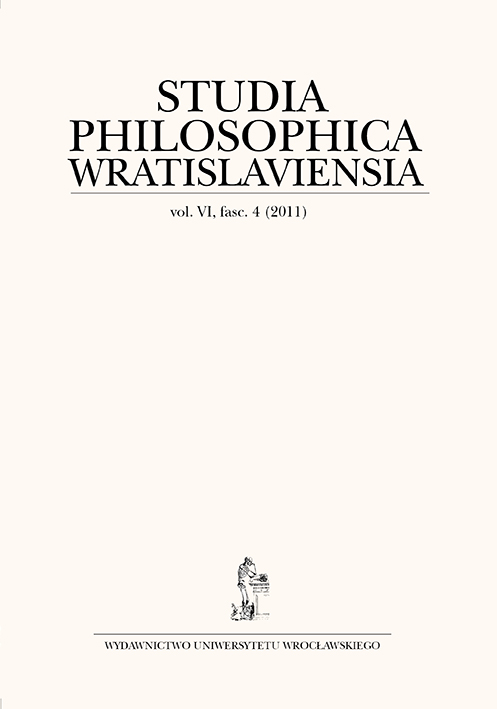

Artykuły

Two Policies of Saint Paul
The aim of this text is to compare the concept of Alain Badiou and Jacob Taubes on character and politics of St. Paul. Both philosophers come from different traditions. Badiou is inspired by the political philosophy of Marx and Althusser, and Lacanian psychoanalysis. Taubes was a philosopher and sociologist of religion, associated with the Jewish and German tradition. Despite this, they both clearly indicate the political potential of Paul’s teaching. This article consists of two main parts. In the first part I present briefly a common perspective of the political interpretation of action of St. Paul. Then I outline and comment on the most important philosophical concepts and categories used by Badiou and Taubes in their interpretation of the ‚political project’ of St. Paul. In the second part I concentrate on the similarities and diff erences between Taubes and Badiou, commenting on their books, Political Theology of Saint Paul and Saint Paul: The Foundation of Universalism. For Taubes Paul is a complex political phenomenon, and for Badiou Apostle is a model of revolucionist. Despite all the differences, they both claim: „Political philosophy still needs Paul”.